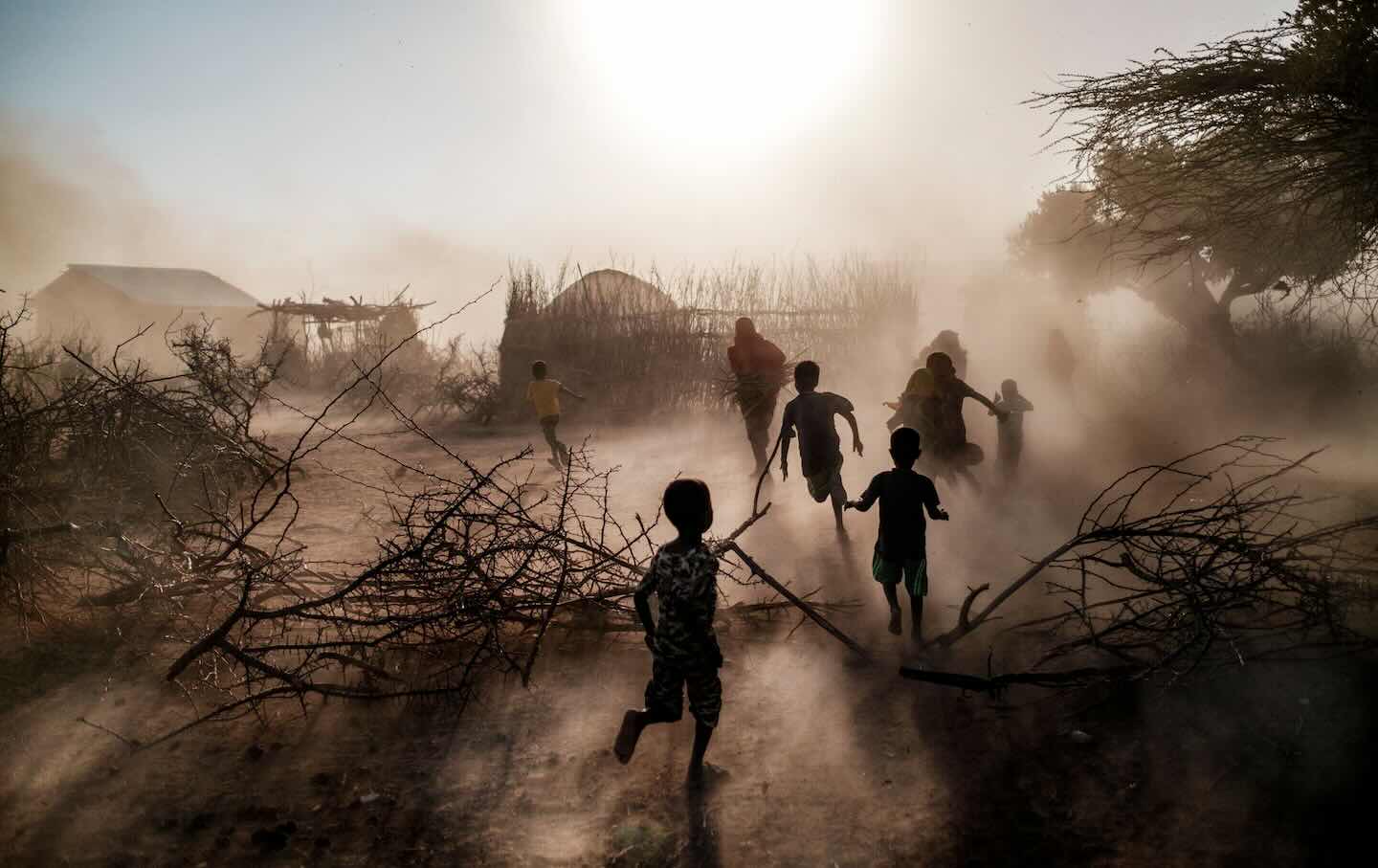
"If slavery and colonialism built the world and its current basic scheme of social injustice, the proper task of social justice is no smaller: it is, quite literally, to remake the world."
"Climate justice and reparations are the same project: climate crisis arises from the same political history as racial injustice and presents a challenge of the same scale and scope."
"Our response to climate crisis will deeply determine the possibilities for justice (and injustice) in what remains of this century - and if we survive to the next."
"The possibility of keeping justice alive in our time hinges on our response to the reality of a warming planet."
In an insightful discussion, Olúfémà TáÃwò emphasizes that climate justice is fundamentally tied to racial justice, positing that social injustices stem from historical practices such as slavery and colonialism. His recent book, Reconsidering Reparations, highlights the necessity of addressing climate change alongside racial inequities. As political challenges intensify, particularly with regressive administrations undermining democratic progress, the urgency of reclaiming both racial and climate justice becomes paramount. TáÃwò's arguments underscore that responding to the climate crisis is vital for preserving future opportunities for justice globally.
Read at The Nation
Unable to calculate read time
Collection
[
|
...
]